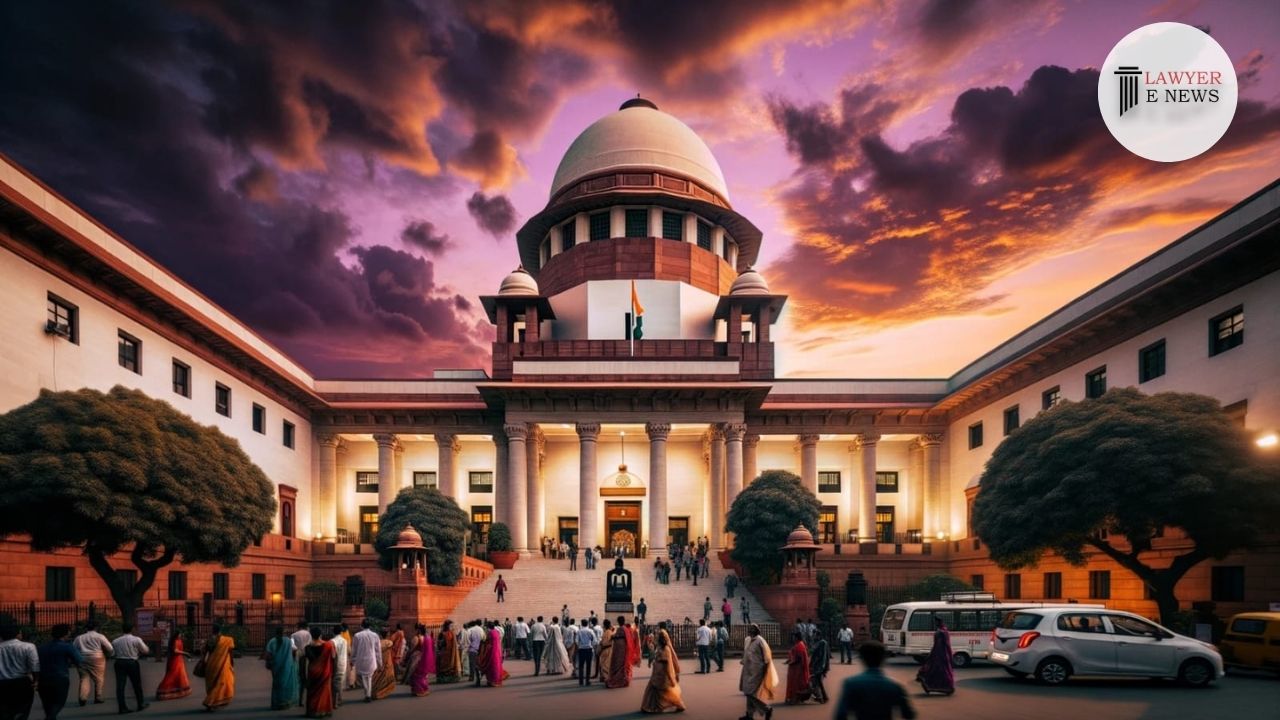-
by Admin
15 February 2026 5:35 AM



In a significant ruling, the Supreme Court of India has clarified the applicability and compatibility of two sets of judgments related to preventive detention laws. The bench comprising of Hon'ble Justice Krishna Murari and Hon'ble Justice V. Ramasubramanian reached a unanimous decision, resolving any perceived friction between the judgments and emphasizing the importance of procedural rigidity in safeguarding civil liberties.
The judgment centered around the interpretation of the COFEPOSA Act, 1974, and the Preventive Detention Act, 1950. The court examined the principles laid down in the cases of Francis Coralie Mullin v. W.C. Khambra & Ors. and Jayanarayan Sukul v. State of W.B., highlighting the need for an independent decision-making process by the government in relation to representations made by detainees.
The court clarified that under the COFEPOSA Act, the detaining authority and the government are separate entities with distinct roles. Therefore, the principles requiring the government to wait for the decision of the Advisory Board, as outlined in Abdulla Kunhi v. Union of India, apply solely to the government. On the other hand, the detaining authority is not obligated to wait for the board's decision and can independently decide on the representation, as established in the case of Pankaj Kumar.
Addressing the issue of delay in considering representations, the court emphasized the significance of Article 22(5) of the Constitution of India, which grants detainees the right to be provided with an opportunity to make a representation. It held that any delay in considering the representation, particularly when illegible documents in a foreign language are involved, can prejudice the detainee's ability to exercise their rights. The court cited the case of Harikisan v. The State Of Maharashtra & Ors., underscoring the need for detainees to understand the grounds of their detention and the material supporting those grounds.
Furthermore, the court recognized the principle of parity and held that when a similarly placed co-detenue has already been granted relief, the same relief should be extended to other detainees in similar circumstances. It referred to the case of Gian Chand v. Union Of India & Anr. as precedent in applying the principle of parity.
The judgment emphasized the duty of the courts to protect individual and civil liberties, stating that every procedural irregularity must be viewed in favor of the detainee. It highlighted the historical context of preventive detention laws as a colonial legacy, emphasizing the need to maintain checks and balances on government power.
Supreme court set aside the impugned detention order, holding that the delay in considering the representation and the provision of illegible documents constituted valid grounds for quashing the order. The ruling reinforces the commitment to uphold the constitutional ethos and protect individual rights against arbitrary state power.
Date of Decision: 10th April, 2023
PRAMOD SINGLA vs UNION OF INDIA & ORS.
